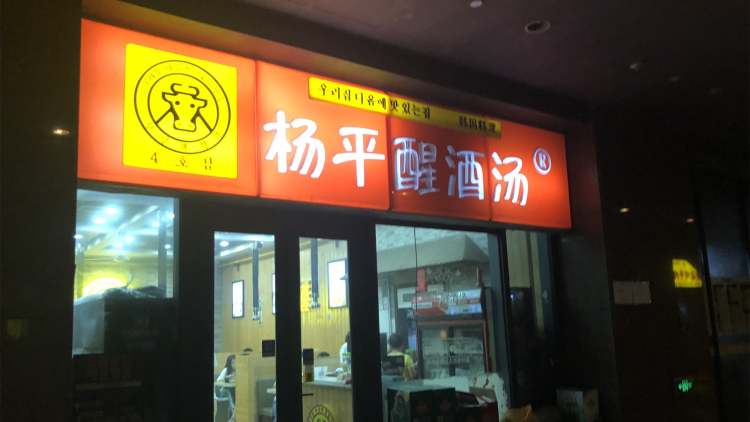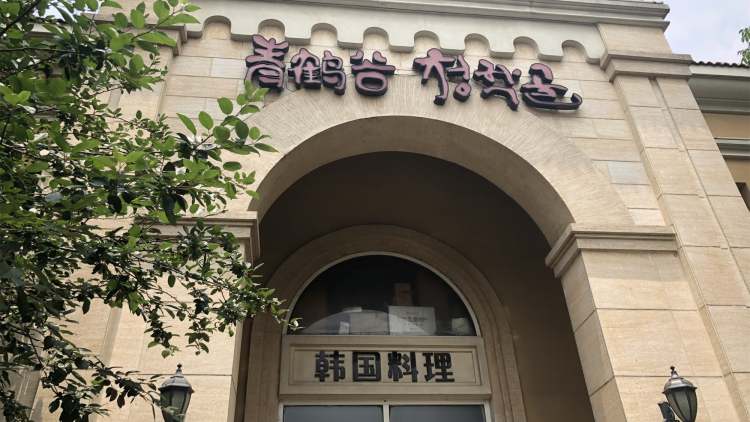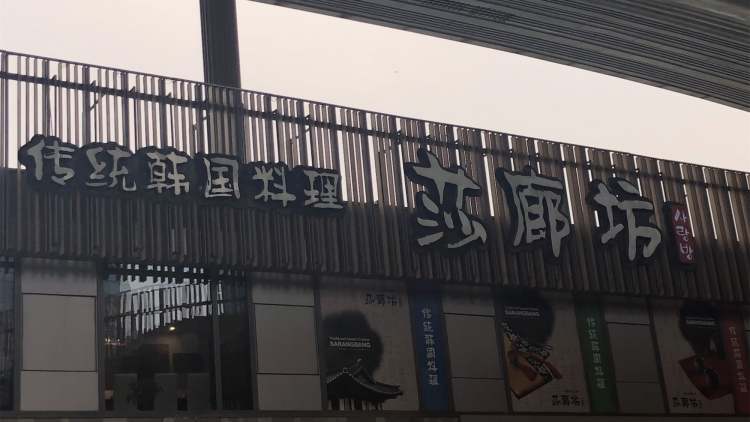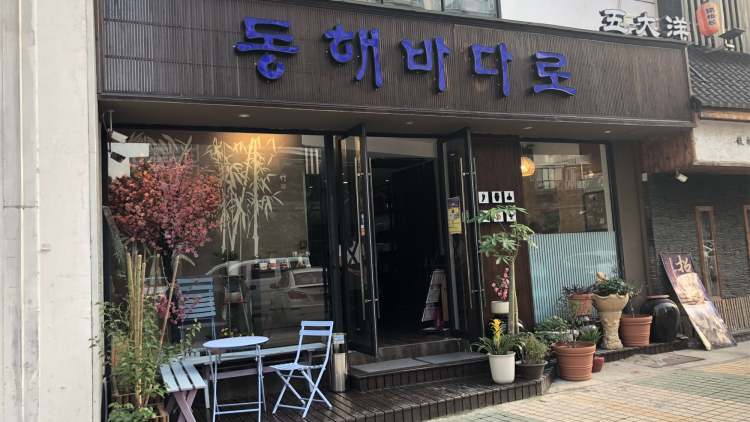Koreans love to drink, especially in the 70s and 80s, when the economy took off, team dinners became an important part of the corporate culture, and hangovers had an inexplicable sense of dependence on sobering soup. They believe that fiber-rich vegetables can absorb the residual alcohol in the body, and that the glucose in the rice can relieve stomach upset, of course, there is no pharmacological principle, but it is really comfortable to drink a bowl of hot soup after getting drunk. Nowadays, decanting soup has gradually evolved into one of the common home-cooked dishes.
Suzhou's Yangping Decanting Soup is located on the corner of Lejia Building, remote and hard to find, but the more lively it is at night, and the white-collar workers and slightly drunk drinkers who have just finished working overtime are often welcomed in the early morning. The signature decanting soup is somewhat similar to Suzhou lung and intestine soup, but without the eager fishiness of the latter. The white pepper in the decanting soup is sprinkled wildly, the mouth is slightly spicy, and the belly also rises with a warmth, which is particularly refreshing. The soup is full of tripe, beef blood and soybean sprouts, the tripe is elastic, the beef blood is fresh and smooth, the soybean sprouts are crisp, and the three textures are extremely interesting to chew. Spicy beef soup is also a Korean classic, which is also based on pepper, and adds shredded beef, porcini mycelium, eggs and vermicelli. The tender tofu soup is relatively light, the clams sink to the bottom to improve the freshness, and the large pieces of tender tofu and eggs melt when they meet the teeth, which is most suitable for eating when you are sick and have no appetite.
If you order a lighter soup, a spicy stir-fried pork belly with cabbage will whet your appetite even more. Spicy cabbage has a high acidity, and many diners can be so sour that their noses are congested after they enter the mouth; The thickness of the pork belly is moderate, a layer of fat and a layer of tendons, and the oil is fragrant quickly, which complements the sour spicy cabbage, and the most eye-catching thing is to add white sesame seeds and stir-fry, and you can also pull several pieces without eating empty rice. It is worth noting that there is also a spicy stir-fried pork belly with a very similar name on the menu, which has no spicy cabbage and only Korean hot sauce, which has a higher sweetness, but the taste level is much less vegetarian than the previous one, so it is not recommended to order. Since the owner and chef are all ethnic Koreans in Northeast China, you can see some Northeast home-cooked dishes on the menu, such as pot wrapped meat, dried tofu with sharp peppers, and Disanxian, etc., which are still authentic and worth trying. However, the heat of the barbecue is not well grasped, and the meat is by no means superior, and there is more than one barbecue in Suzhou that is better than Yangping decanting soup, if it is not a meat-loving life, it can be bypassed.
Yangpyeong Decanter Soup is a small husband-and-wife shop that welcomes people and is often filled with Koreans and North Koreans, with North Korean newspapers and menus in Korean. This shop may not be amazing, the house is very small and simple, but at two o'clock in the morning in Suzhou want to find a place to sober up, Yang Ping decanting soup is still a very appropriate place.







